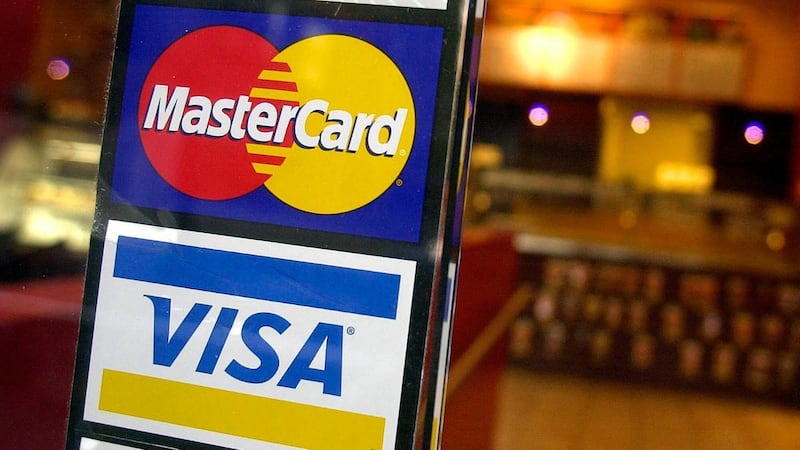Angel investors and government-led investment funds can provide a financial lifeline to small and medium-sized enterprises that might otherwise have gone out of business during the Covid-19 pandemic, according to the head of the World Business Angels Investment Forum.
Instead of injecting money through bailouts, governments should set up “smart investment funds in cooperation with angel investors” to provide financing for struggling SMEs, Baybars Altuntas, executive chairman of the Istanbul-based organisation, said.
“Governments can develop an accreditation system for qualified angel investors and invite entrepreneurs to pitch their ideas before them,” he said during an online panel discussion at the Mena Innovation Technology Transfer (MITT) Summit on Tuesday.
SMEs, the lifeblood of most national economies, have experienced outsized risk during the pandemic.
An analysis on a sample of 17 countries by the International Monetary Fund suggests that SME bankruptcies could rise to 12 per cent in 2020 – from four per cent before the pandemic hit – in the absence of policy support. More than a quarter of such businesses temporarily closed their doors in the first five months of the year due to lost cashflow amid the Covid-19 pandemic, according to a survey by Facebook, the World Bank and the Organisation for Economic Co-operation and Development.
Organised by the Sharjah Research Technology and Innovation Park, the first edition of the MITT Summit convened more than 70 speakers and 5,000 participants.
Participants include global investors, government and private sector representatives and other stakeholders.
Industry experts appealed to policymakers to expedite the process of digital inclusion to deal with the economic fallout from the virus.
“Digital inclusion comes way before financial, educational or health inclusion. There are nearly 2 billion unbanked people, we don’t know how they are accessing online education or health services,” said Mr Altuntas.
Despite acute economic strain, the pandemic has also created opportunities for entrepreneurs, start-ups and creative thinkers, according to speakers at the summit.
“The Covid-19 pandemic has shown that our societies are not as resilient as we thought,” Sohaila Ouffata, director of platform at BMW i Ventures, said.

Covid-19 has changed mobility patterns but at the same time, more money and technologies have been pooled into the transformation of the urban environment, she said.
“This is an opportunity in itself … we are seeing smart city ecosystem trends picking up fast,” said Ms Ouffata, who predicted that shared mobility services will be badly hit but that it could spur innovation in the used car market.
“In countries like the US, where unemployment rates are rising above the roof, many people cannot afford to buy new cars … they will prefer used cars. This will led to new business models around used car ownership in such markets,” Ms Ouffata said.








